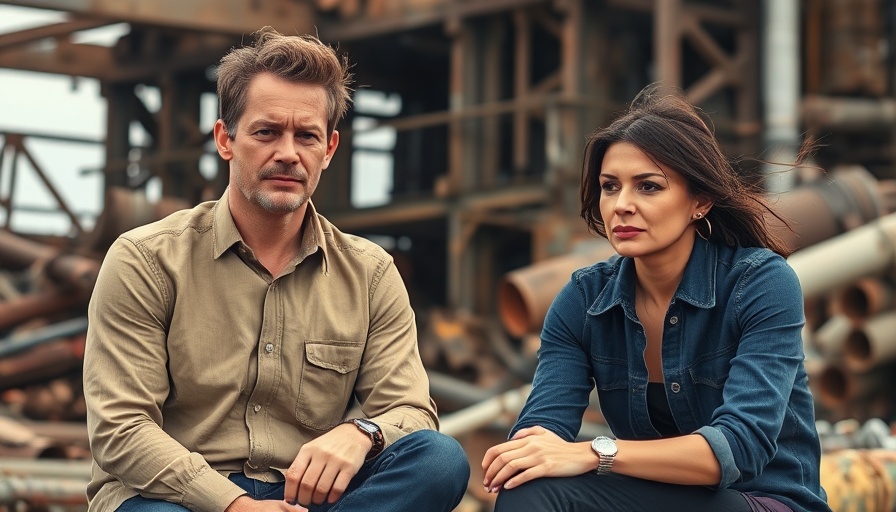
A Complex Landscape: The Evolving Israel-Hamas Conflict
The ongoing conflict in Gaza has reached yet another crucial juncture, following the unprecedented attack by Hamas on Israel on October 7, 2023. This incident not only shocked the world but also radically changed the dynamics of Middle Eastern politics. In the aftermath, Israel, led by Prime Minister Benjamin Netanyahu, has faced significant allegations of war crimes intermixed with its own assertions of needing to defend against Hamas' aggressive maneuvers.
Historical Context: A Conflict Rooted in Division
The centuries-long strife between Jews and Arabs for land and sovereignty has been compounded by international politics. Leaders like Netanyahu often frame Palestinians as obstacles rather than stakeholders, a narrative that simplifies a complex humanitarian issue. Tensions boiled over when the Israeli government permitted financial support to flow into Gaza, believing this would ultimately stabilize the region. Instead, it may have empowered Hamas, leading to a deadly confrontation that has cost thousands of lives on both sides.
The War Crimes Allegations: A Complicated Accusation Landscape
Allegations of war crimes are now at the forefront of discussions surrounding this conflict. Hamas is accused of committing sever atrocities on October 7, targeting civilians and taking hostages. On the other hand, Israel faces scrutiny over its military strategies, which have reportedly resulted in disproportionate civilian casualties in Gaza. Reports suggested that tens of thousands of innocents were killed in operations that seem to ignore international humanitarian laws that prioritize civilian safety.
Press Freedom and the Media's Role
The role of journalism in this war has been particularly challenging. Following the Hamas attack, Israel banned international journalists from reporting from Gaza, a move that limits transparency and distorts the narrative. However, Palestinian journalists continue their crucial work despite facing extreme danger. Nearly 200 have died in the line of duty, advocating for a clearer public understanding of the unfolding events.
Future Insights: Navigating a Quagmire
As this conflict evolves, the international community grapples with the implications of these war crimes allegations. Without accountability, the pattern of violence is likely to perpetuate, underscoring the necessity for a sustainable resolution. Moving forward, both Israel and Hamas must reconsider their tactics and attitudes in what some see as a cyclic leadership failure contributing to the ongoing misery.
 Add Row
Add Row  Add Element
Add Element 



Write A Comment